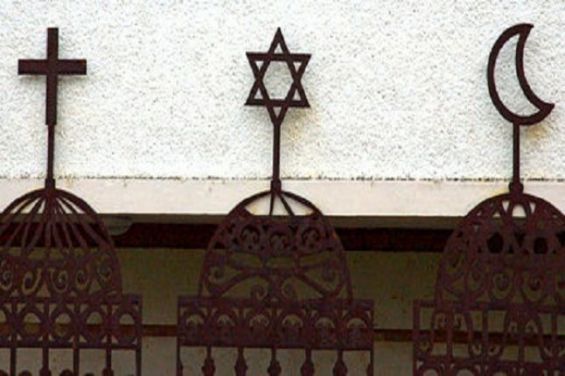Religious Minorities in Morocco are planning to hold a conference on the 18th of November in Rabat to discuss the following theme : «Freedom of conscience and belief between the controversy of recognition and coexistence».
For the first time, people representing Shia, Christian, Baha’is, Zaoui Karkariya and Ahmadiyya will gather to demand their rights, according to a statement issued by the «Moroccan committee for religious minorities» sent to Yabiladi on Thursday.
Despite the differences, the event’s organizers unanimously agreed on denouncing the Fatwa (religious edict) pronounced by the Higher Council of Ulemas in 2013 insisting that Muslims who leave Islam «should be condemned to death».
A courageous step
The conference scheduled for mid November is expected to be held at a time when religious minorities are no longer willing to hide their identities. The National Human Rights Council (CNDH) is ready to help loosen the threatening stranglehold on Moroccans converted to Christianity.
This is confirmed through the meeting held in April and attended by Mohamed Sebbar, the CNDH Secretary General and a delegation representing religious minorities in Morocco. The organization promised to set a memorandum and submit it to the head of the government to help religious and sexual minorities.
Meanwhile, article 3 of the constitution (1st of July 2011) indicates that «Islam is the religion of the State, which guarantees to all the free exercise of beliefs». Nevertheless, it was not mentioned at all that Moroccans are allowed to embrace a different religion. Bearing in mind that proselytism is punishable in the Kingdom and can lead to prison.
On the other hand, article 220 of the Criminal Code insists that «anyone who uses means of seduction to undermine the faith of a Muslim or to convert him to another religion, either by exploiting his weaknesses or his needs, or by using educational and health establishments, asylums or orphanages» can face a sentence ranging from «6 months to 3 years and a fine of 100 to 500 dirhams».
The conference set for the 18th of November is a courageous step despite the many existing obstacles.




 chargement...
chargement...












